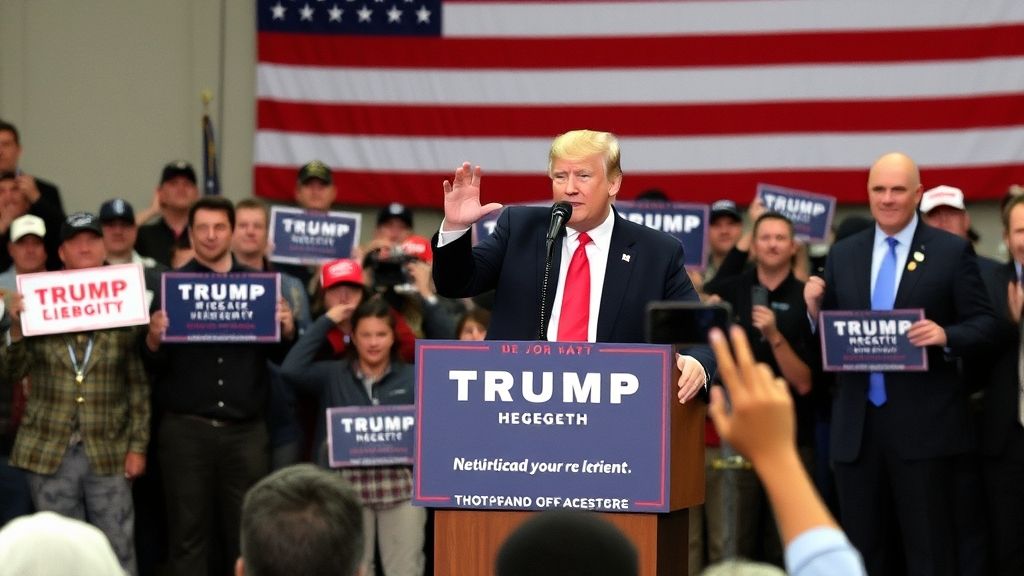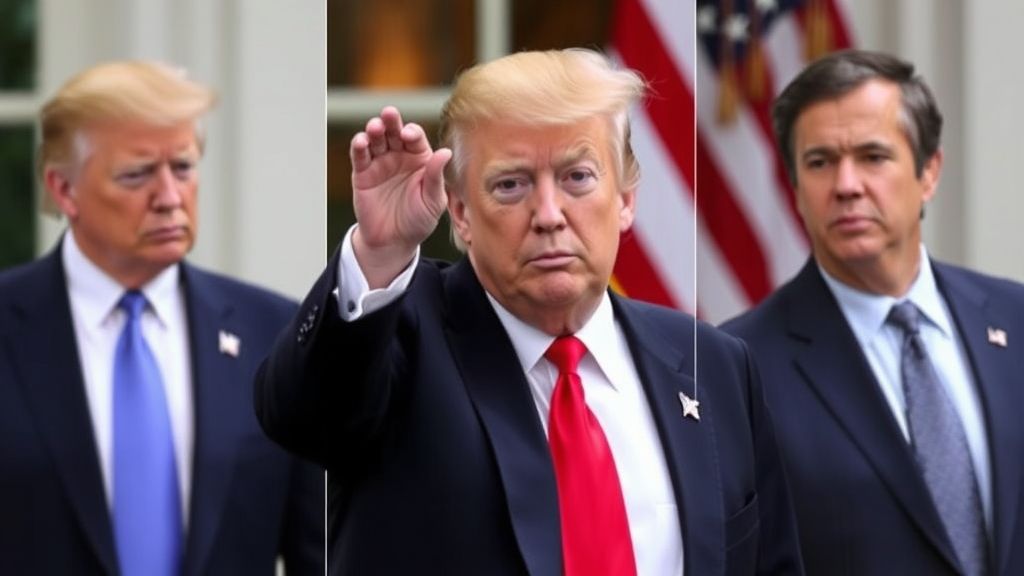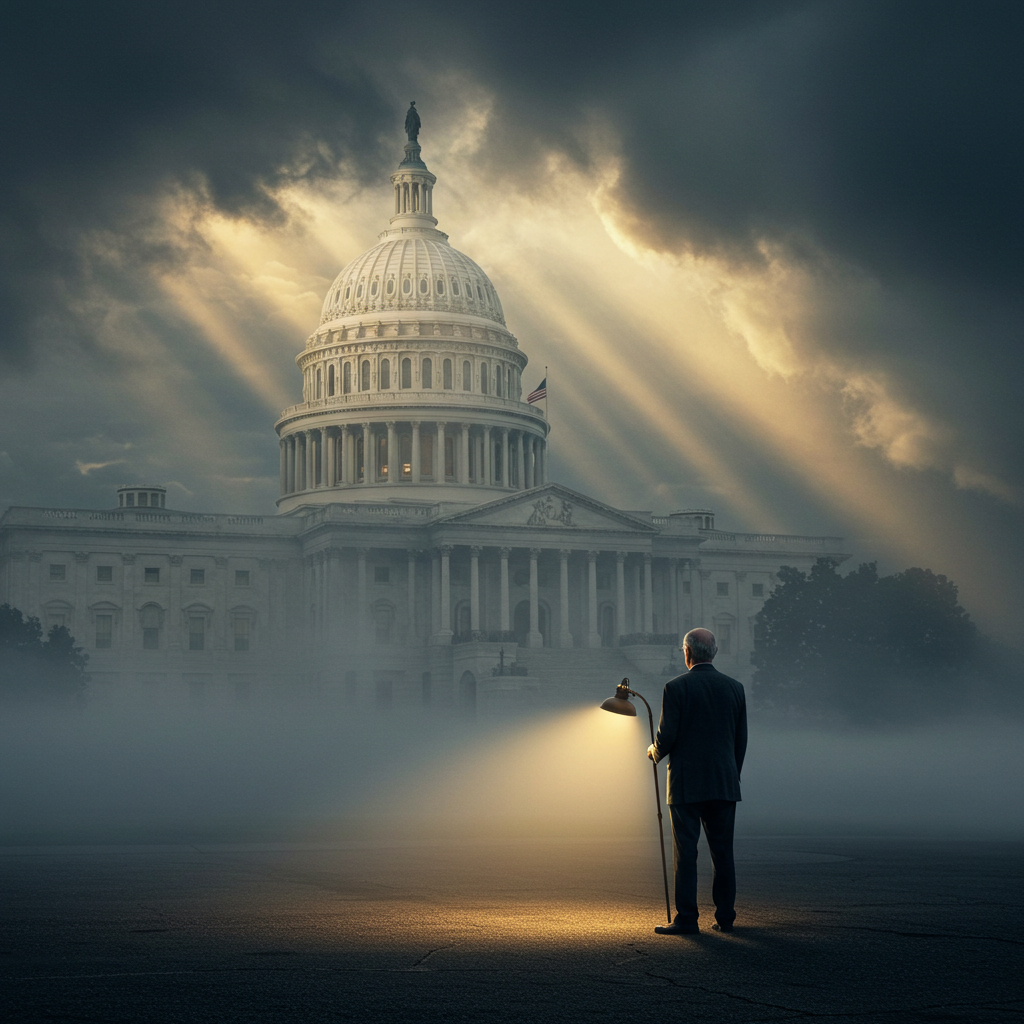In a significant political event that has captured national attention, former President Donald Trump recently convened with a select group of military leaders and veterans. This rare gathering, characterized by robust pronouncements, saw Trump unequivocally rail against what he termed “woke” standards infiltrating America’s military institutions. The meeting, held under considerable media scrutiny, underscored a continuing theme in Trump’s political discourse: a fierce opposition to progressive social ideologies he believes are undermining traditional American values and institutions, particularly within the armed forces. This address provided a stark glimpse into his vision for the future of the military and served as a rallying cry for those who share his concerns.
The “Woke” Agenda: Trump’s Core Grievance
At the heart of Trump’s impassioned speech was his contention that “woke” ideology has taken root in the U.S. military, leading to a dilution of its combat effectiveness and a perceived betrayal of its core mission. He articulated a vision of a military stripped of what he considers divisive social engineering, focusing instead on strength, patriotism, and traditional martial virtues. Trump specifically criticized diversity, equity, and inclusion (DEI) initiatives, labeling them as detrimental to military readiness and morale. According to his rhetoric, these programs foster division rather than unity, diverting resources and attention from critical training and operational needs.
Trump’s critique extended to broader societal trends, suggesting that the “woke” agenda is a symptom of a nation losing its way. He emphasized the importance of a strong, uncompromised military as a bulwark against global adversaries, arguing that internal ideological battles weaken this crucial defense. For example, he referenced instances where he felt political correctness had hindered necessary military actions or compromised the judgment of commanders. He painted a picture of a military that should be apolitical in its operations but steadfast in its adherence to what he views as foundational American principles. The audience, comprised of individuals with deep ties to the military, appeared to resonate with his message, nodding in agreement and offering vocal support.
Reimagining Military Strength: A Return to Fundamentals
Trump’s proposed solutions revolved around a perceived return to fundamental principles. He advocated for a renewed focus on rigorous training, military discipline, and a clear, unambiguous mission statement for the armed forces. His vision suggests a military that prioritizes recruitment based on merit and dedication, rather than demographic representation, though this point remained somewhat generalized. The former President stressed the need for leaders who embody strength and decisiveness, untainted by what he sees as ideological distractions. He implied that his administration would prioritize the appointment of such leaders, ensuring that the military’s focus remains squarely on national security.
This approach, he argued, would not only restore the military’s perceived former glory but also enhance its deterrent capabilities. By projecting an image of unwavering strength and ideological coherence, Trump believes the U.S. military can effectively counter threats from nations like China and Russia. He used historical examples of military triumphs, attributing them to a clear sense of purpose and a unified national spirit, elements he feels are being eroded by contemporary progressive policies. The underlying message was one of reclaiming a perceived lost identity for the American military, one that he believes is essential for both domestic pride and international respect.
Actionable Insights for Concerned Citizens
For individuals concerned about the direction of the U.S. military and the influence of “woke” ideology, Trump’s remarks offer several points for consideration and potential action:
Engage in informed discourse: Seek out diverse perspectives on military policy and the impact of social initiatives. Understanding the nuances of these debates is crucial for forming well-rounded opinions.
Support veteran organizations: Many veteran groups are actively involved in advocating for military policies aligned with their values. Supporting these organizations can amplify your voice.
Contact elected officials: Express your views on military spending, recruitment policies, and the principles you believe should guide the armed forces. Your representatives are a key point of contact for influencing policy.
Stay informed on military news: Follow reputable news sources and analysis that provide objective reporting on military affairs and policy debates.
Conclusion: A Vision for a Stronger, More Focused Military
Donald Trump’s recent address served as a powerful articulation of his vision for the U.S. military, one deeply rooted in his opposition to progressive social ideologies he labels “woke.” By rallying troops and veterans around a message of returning to traditional strength, discipline, and an unwavering focus on national security, he has undoubtedly galvanized a significant segment of the electorate. The meeting underscored his commitment to reshaping the military in accordance with his core political beliefs, promising a future where perceived ideological distractions are minimized, and martial prowess is paramount. As this debate continues to unfold, understanding the different perspectives and engaging in informed dialogue will be critical for navigating the evolving landscape of American defense and national identity.



